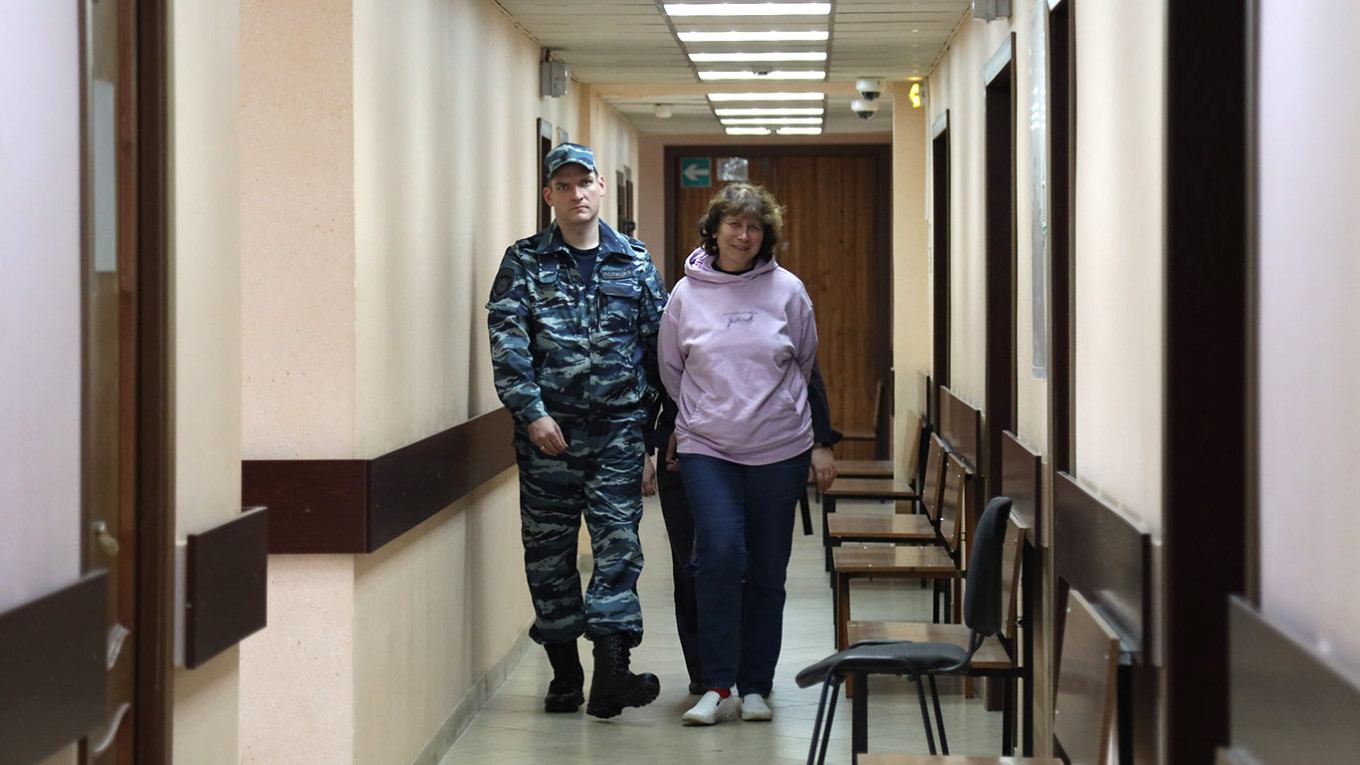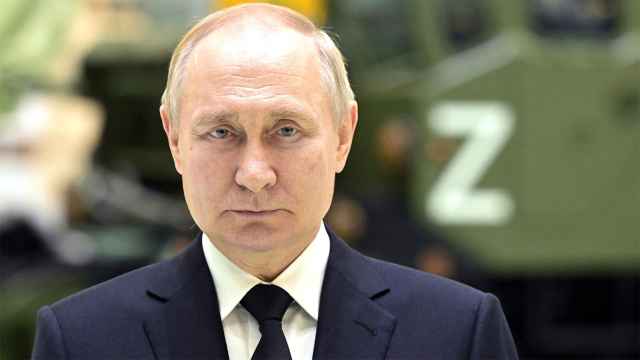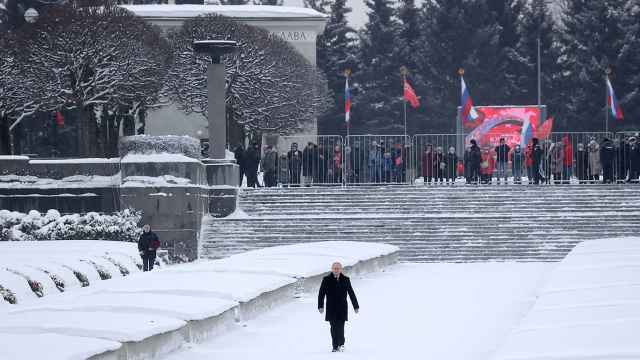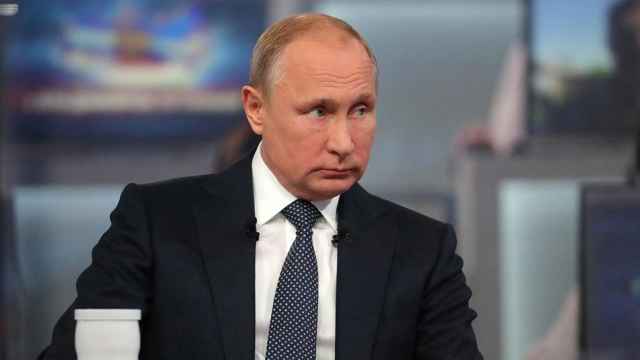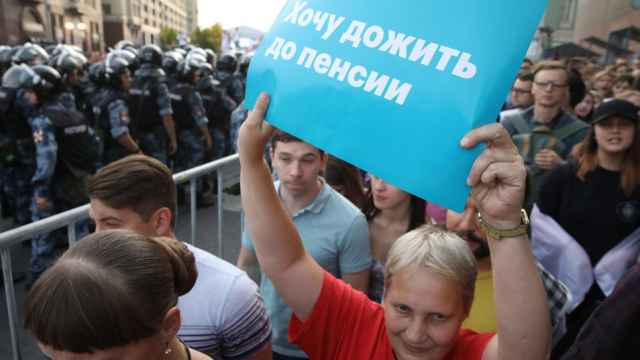Authorities in St. Petersburg have launched criminal proceedings against a pensioner who allegedly placed a handwritten note wishing death to Russian President Vladimir Putin on the grave of his parents.
Irina Tsybaneva, 60, was arrested at her St. Petersburg home on Monday on charges of "desecration of the bodies of the dead and their burial places."
"Tsybaneva … committed cynical, immoral acts contrary to the norms accepted in society,” said the official statement released by the St. Petersburg judiciary's press service on Tuesday.
"Namely, she left a note with an insulting inscription addressed to the President of the Russian Federation, thus desecrating a burial place," the statement added.
It is unclear what exactly was written in the note that Tsybaneva allegedly left on the grave of Maria Putina and Vladimir Putin senior on the eve of their son’s 70th birthday.
FAR’s act of protest likely prompted the authorities to assign security personnel to the site who were probably present when Tsybaneva placed her note, Tsybanev’s son told regional news outlet Sever.Realii.
"What is in the note is not known for certain. But she said that she wished him death," independent news outlet Mediazona quoted Tsybaneva’s son Maxim Tsybanev as saying.
Tsybaneva will remain in detention until Friday when her case is expected to be heard. If found guilty, she could face up to five years in prison.
Last month, members of Russia’s Feminist Anti-War Resistance (FAR) group also placed a note on the grave of Putin’s parents in St. Petersburg’s Serafimovskoe Cemetery.
"Dear parents! Your son’s behavior is horrible! [He’s] skipping history lessons, fighting with his classmates and threatening to blow up the entire school! Take action!" said the note, a photo of which quickly went viral.
A Message from The Moscow Times:
Dear readers,
We are facing unprecedented challenges. Russia's Prosecutor General's Office has designated The Moscow Times as an "undesirable" organization, criminalizing our work and putting our staff at risk of prosecution. This follows our earlier unjust labeling as a "foreign agent."
These actions are direct attempts to silence independent journalism in Russia. The authorities claim our work "discredits the decisions of the Russian leadership." We see things differently: we strive to provide accurate, unbiased reporting on Russia.
We, the journalists of The Moscow Times, refuse to be silenced. But to continue our work, we need your help.
Your support, no matter how small, makes a world of difference. If you can, please support us monthly starting from just $2. It's quick to set up, and every contribution makes a significant impact.
By supporting The Moscow Times, you're defending open, independent journalism in the face of repression. Thank you for standing with us.
Remind me later.


